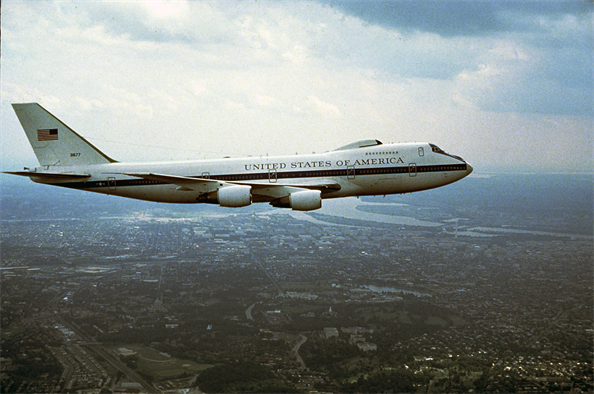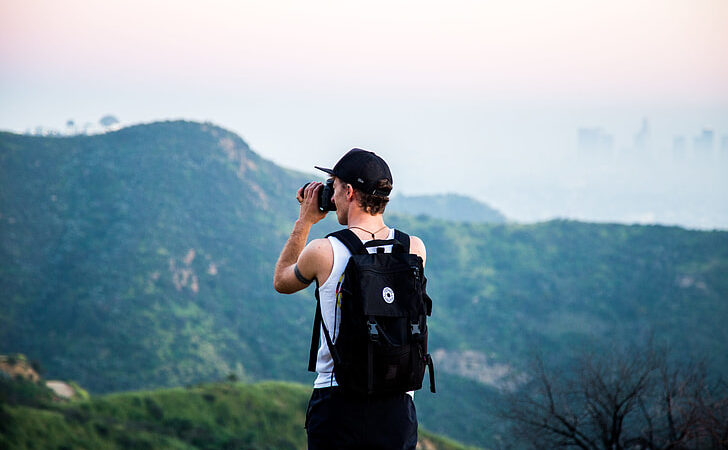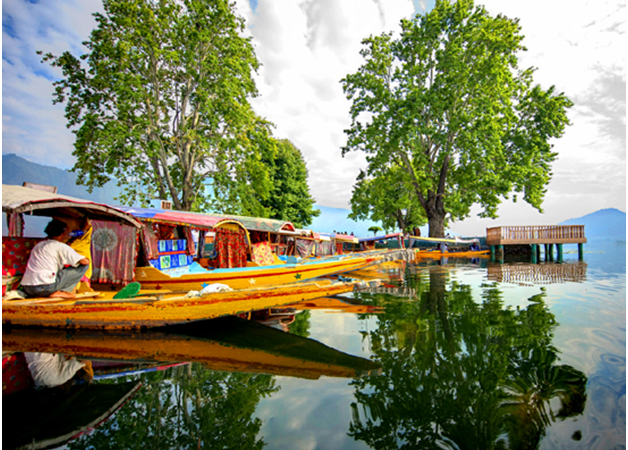The Five Trends That Are Reshaping the Traveler of The Future

Is it possible for the tourism sector to ever fully recover from the pandemic? I am confident it will. Is the industry likely to remain the same? Certainly not. Within the last six months, travel attitudes — why do people travel and how do they travel – have shifted dramatically.
Airlines, travel operators, and the hospitality industry will all need to adjust to this new reality quickly. However, what does this mean? Before embarking on their transformational path, the industry must first grasp the nature of post-pandemic travel.
Here are my observations on five themes that, in my opinion, will impact the tourism industry over the next several years. The list is far from exhaustive; nonetheless, I hope it provides some guidance.
1. Not defunct: Long-distance travel will reappear.
According to IATA, international air travel was still less than a fourth of its volume in July 2021, the peak vacation season in many regions of the world. Domestic travel, by contrast, has already recovered to 85 percent of pre-crisis levels.
Will long-haul travel ever fully recover from the effects of the pandemic? It very definitely will, however it is entirely dependent on foreign travel health and safety standards. Currently, international travel regulations vary significantly between nations and are frequently amended on short notice. Additionally, several nations with a low COVID-19 prevalence remain restricted to travelers. Yes, this will change once more. While we have seen great progress in terms of travel facilitation and border openness, any new and possibly more severe version of the virus might be a big setback for the travel sector.
This creates a significant uncertainty in terms of the recuperation duration for long-haul travel.
2. Increased cohesion: Reuniting with friends and family
For many travelers, travelling is no longer (exclusively) about discovering new locations. After months of lockdowns and countless hours spent on Facetime conversations and WhatsApp chats, many travelers are now travelling primarily to reconnect with friends and family. Airlines and the hotel industry may contribute significantly to these reunions by promoting togetherness.

Additionally, they may assist their consumers in navigating the complexities of post-pandemic travel: Which locations are accessible to whom? What paperwork is required and when must online forms be completed? Where can I obtain a ground test? This process has been sluggish and clumsy to begin with, but airlines are making progress.
3. Individual experiences: Adventures once in a lifetime are the new “sun & fun.”
Are you planning a Mediterranean resort vacation or would you prefer to travel rural France on the back of a donkey? Would you like to stay in a standard hotel or in a room in a historic lighthouse on a rough coast? For many people, travelling has evolved into an opportunity to experience adventures they may only have once in a lifetime. Adventure travel is, in some ways, the new “sun & fun.”
How are mass market tour operators responding to these emerging trends? Are they adaptable and able to expand their portfolio in order to offer more tailored experiences? It is more critical than ever to establish new relationships with local providers and event companies.
4. Achieve the best of both worlds: Work, play, and remain
Are you nostalgic for the halcyon days of business travel? Perhaps they weren’t quite as fantastic as they seemed — early morning flight, cab to the meeting location, brief lunch near the workplace, and then back to the airport. People are returning to business travel in greater numbers these days, but their schedules will be drastically altered.
Many travelers are increasingly attempting to blend business and pleasure travel. Many travelers are already utilizing the new freedom of remote job to work and travel concurrently. Flying to new destinations, completing the work week via video conference, and spending spare time enjoying the destination.
The hotel industry must adapt to this new type of travelers. Many hotels that have previously catered to leisure travelers or limited business lounge access to particular room types may eventually provide fast Wi-Fi and access to co-working areas.
5. Increased awareness: What is the social and ecological consequence of my actions?
For many travelers, the social and environmental effect of travel has taken on a new significance in recent months. Throughout the epidemic, images of abandoned beaches and tourist attractions made many people aware of the detrimental effects of mass tourism on local populations. Many people are similarly averse to returning to the pre-over tourism era – and they are calling on local leaders to take action. The cruise ship bans in Venice’s city center, which took effect last August after years of debate, is an excellent example. A critical first step is for businesses to understand their clients and what inspires them. The travel industry must therefore alter its operations to accommodate these distinct types of travelers. This will be critical for their future success in the post-pandemic tourism environment.
- Unlocking the Secrets: How to Become a Successful YouTuber - March 17, 2024
- Unlocking the Power of Home Loan Calculators: A Comprehensive Guide - March 9, 2024
- Understanding Dementia: A Comprehensive Guide - March 7, 2024






